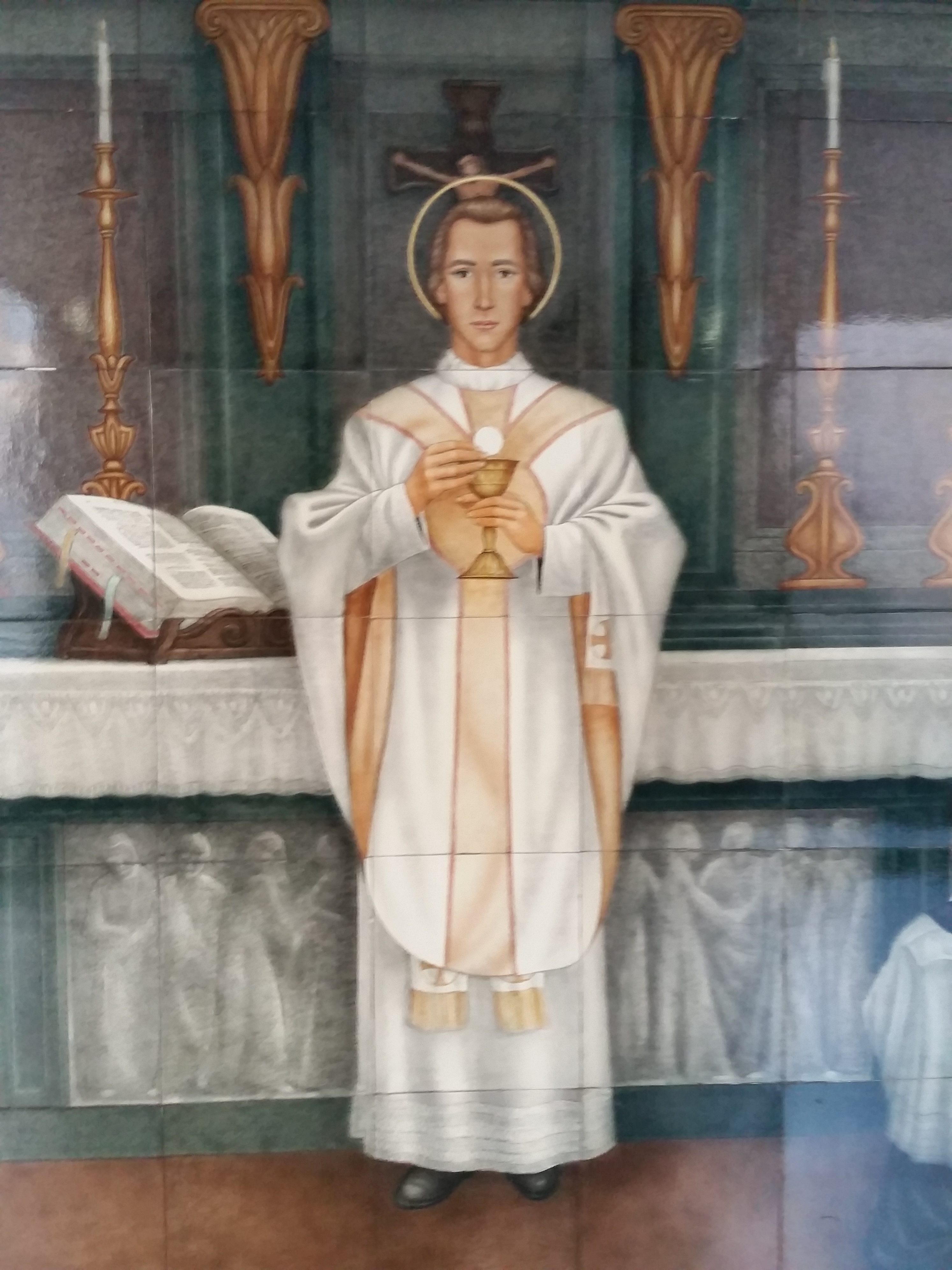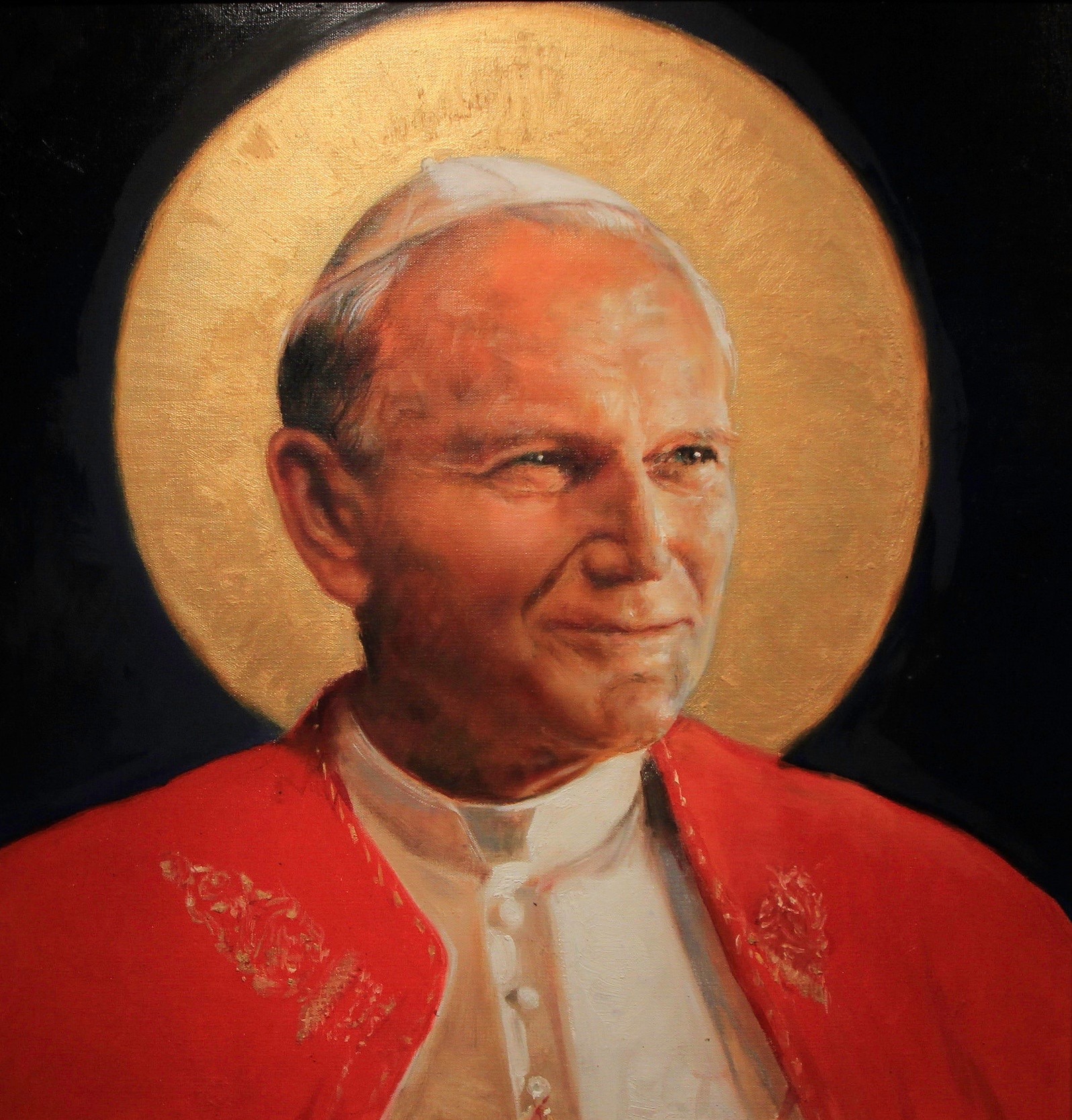St. Pope John Paul’s II: Sunday Shows God’s Love for His Creatures
Saint Pope John Paul II
On Sunday, 12 July 1998, the Holy Father led the recitation of the Angeles. … Before reciting the Marian prayer, the Pope spoke of the importance of observing Sunday as a day of rest and for the celebration of the Eucharist. Here is a translation of his reflection, which was given in Italian.
Dear Brothers and Sisters,
M y most cordial greetings to you all! From this restful place amid the marvelous scenery of the Cadore, I wish to return to the theme of the Apostolic Letter Dies Domini published last Tuesday. I would especially like to reflect on one aspect of Sunday which links the Christian holy day to what the Bible says about the “Sabbath,” the Lord’s Day in the Old Testament, still celebrated today by our Jewish brothers and sisters.
As it concludes its account of the week of creation – an account which blends deep religious sentiment with sublime poetry – the first chapter of Genesis says that on the “seventh day God finished his work which he had done” and “blessed the seventh day and hallowed it” (Gn 2:2-3).
The “shabbat, ” the biblical Sabbath, is linked to this mystery of God’s rest. If we Christians celebrate Sunday as the Lord’s Day, it is because it was on this day that Christ’s Resurrection occurred; it is the fulfilment of the first creation and the beginning of the “new creation.” God’s “rest” reaches its full achievement in the risen Christ.
With the image of God resting, the Bible indicates the Creator’s joyful pleasure in the work of his hands. On the “seventh day” God turns to look at man and the world with admiration and love, a sentiment that is confirmed throughout salvation history, when the Creator, especially in the Exodus events, becomes the Saviour of his people.
Thus, the “Lord’s Day” is the day that shows God’s love for his creatures. The prophets are not afraid to extol this relationship of love in marital terms (cf. Hos 2:16-24; Jer 2:2, etc.): from being the Creator, God became the “bridegroom” of humanity, and the Incarnation of his Son would be the high point of this mystical union.
On Sunday, Christians are invited to rediscover God’s joyful gaze and to feel in a way surrounded and protected by it. In this technological age, our life is at ever greater risk of becoming an anonymous function of the productive process. Man thus becomes unable to enjoy the beauties of creation and, even more, to see the reflection of God’s face in them.
Christians pause every Sunday not only because they need legitimate rest, but especially to celebrate the work of God, the Creator and Redeemer. From this celebration flow joy and hope, which give everyday life a new flavor and are a vital antidote to the boredom, lack of meaning or desperation to which they can sometimes feel tempted.
My soul magnifies the Lord! We praise the Lord with the words of the Blessed Virgin, whom the Church considers tote pulchra, “all fair”, the woman in whom the beauty of the first creation and of the new creation come together. May she enable us to be aware of God’s gifts and may Sunday become more and more the day when individuals and families gather for the Eucharist and spend a restful time filled with Christian joy and solidarity, singing the Lord s praise with the same-sentiment in Mary’s heart. O.R. 7/15/98


Fr. de Montfort’s Mural: First Mass After Vows: The Eucharist: Tile Mural Outside the Chapel of Montfort Spiritual Center
According to Fr. Blain, biographer, fellow seminarian and life long friend of Fr. de Montfort, one week after taking his vows, Fr. de Montfort said his first mass. With a deep love of the Eucharist, Fr. Blain said it was like angels appearing on the altar.


